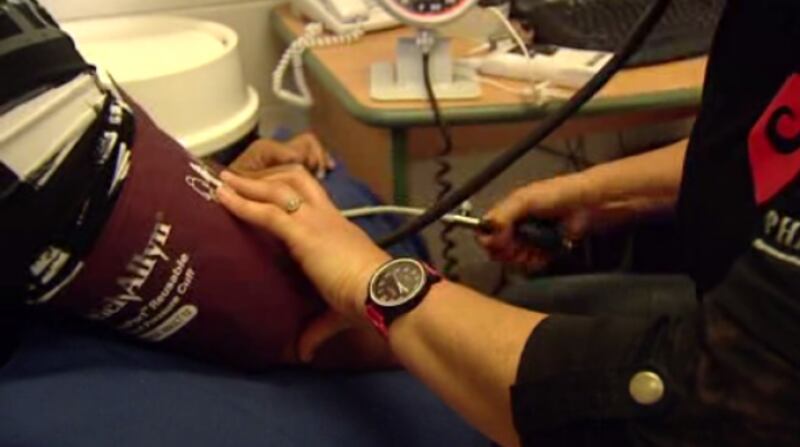Economic inequality and other structural factors continue to fuel the HIV and AIDS epidemic for Māori and Pasifika people.
Executive Director of the INA (Māori, Indigenous and South Pacific), HIV/AIDS Foundation, Marama Pala says “Maori, as the indigenous population, have social health determinants that place us in a particularly vulnerable position, including our key affected people such as Takataapui (gay Maori), whakawahine (transgender), drug users, sex workers, women and children,”
“Maori have the highest burden of children living with HIV in Aotearoa. Poverty, mental health and drug addictions, sexual and physical abuse, low education outcomes – and poor literacy place us in a significantly vulnerable position compared to the non-indigenous groups.”
Pala says colonisation, gender and age inequality, discrimination, institutionalised racism and incarceration are also other factors that continue to place Māori and Pasifika people at higher risk of infection.
She adds that more education is needed to alleviate the impact of HIV in these groups.
“Utilising public speakers trained in telling their stories on how they were infected has been proven many times over to be most effective in prevention messaging. Most start their korero with, ‘I never thought this would happen to me...’. Positive prevention is when peer education is taken to the next level. An inclusive inter-sectoral approach is also needed in order to maximise HIV and AIDS bio-medical interventions and other developmental goals, strategies and synergies.”
Marama presented key findings from a two year study of Māori and Pasifika living with HIV and AIDS. The study shows models of whānau ora, self-care plans, as well as goals and aspirations that have been implemented with whānau living with HIV.
"It’s managing the stigma and discrimination associated with living with HIV, and this needs specific key approaches. For Maori and Pasifika what was highlighted in our mahi is that stigma and discrimination creates secrets, loneliness, depression, Post Traumatic Stress Disorder, alcohol and drug abuse, suicide, with many opting not to take medication because of fear of whānau knowing their status, self-stigma, and denial,” she says.

